America's shameful indifference to women's baseball
The Women's Baseball World Cup was a sad reminder that America does not care about women's baseball

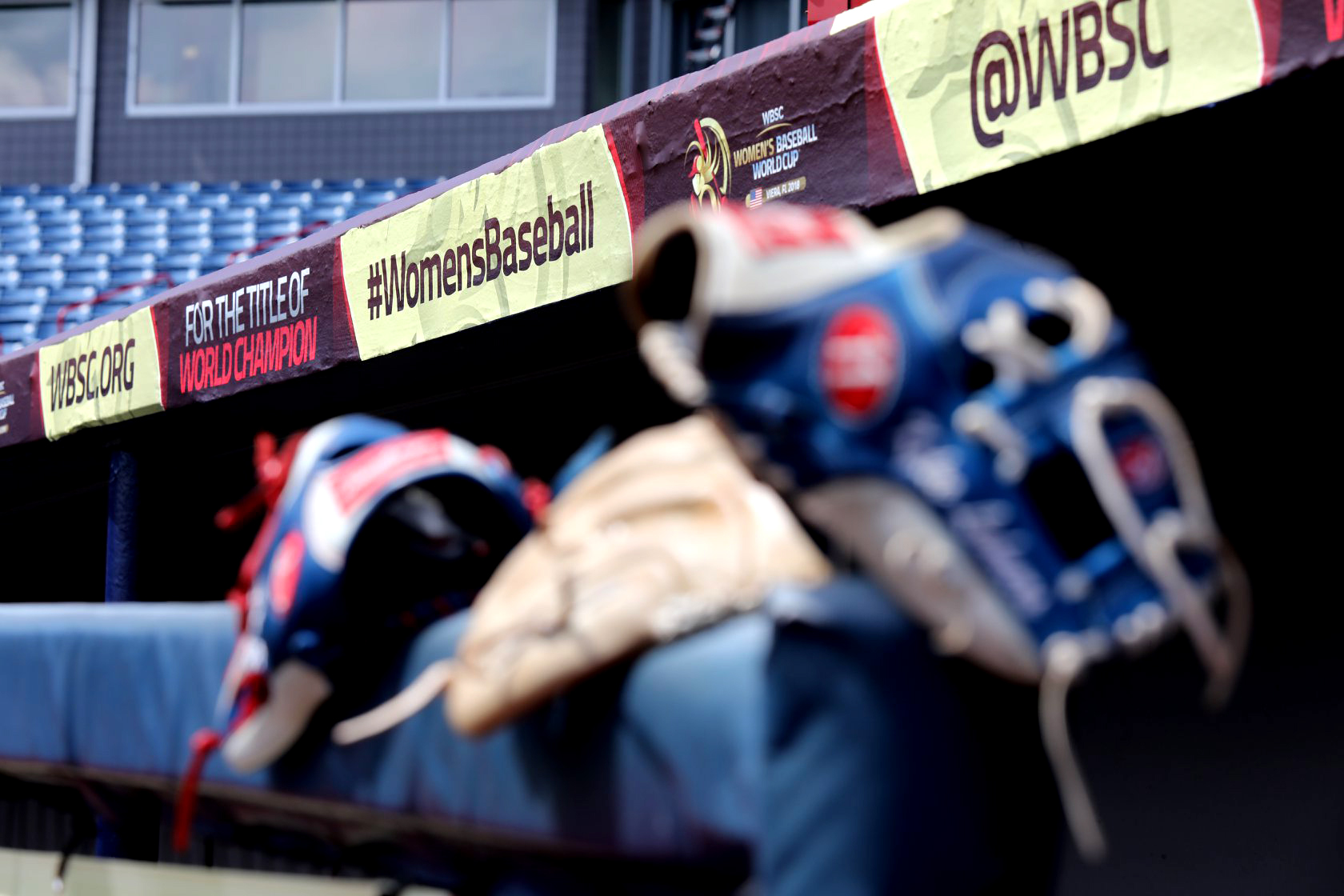
A free daily email with the biggest news stories of the day – and the best features from TheWeek.com
You are now subscribed
Your newsletter sign-up was successful
Viera, Florida, is a place I had to Google.
As rendered by Google Maps, the small "master planned community" appeared as a swirl of cul-de-sacs and quaint, scenic lakes that separate golf courses and neighborhoods with names like Arrivas Viera, Heritage Isle, and Indigo Crossing. Recent excitement in Viera is limited to a golf cart catching fire in a garage and a smoky air conditioning unit leading to the evacuation of a credit union.
It is not the place you would expect to find an international sporting event.
The Week
Escape your echo chamber. Get the facts behind the news, plus analysis from multiple perspectives.

Sign up for The Week's Free Newsletters
From our morning news briefing to a weekly Good News Newsletter, get the best of The Week delivered directly to your inbox.
From our morning news briefing to a weekly Good News Newsletter, get the best of The Week delivered directly to your inbox.
Nevertheless, it is here, 40 minutes outside of Orlando, that the World Baseball Softball Confederation decided to hold the 2018 Women's Baseball World Cup.
The tournament was exciting, emotional, and a reaffirmation that women have always belonged in baseball. It was also a resounding reminder that the powers that be in American baseball do not care about women's participation in the sport.
Baseball still faces deep, institutional segregation. Women are supposed to play softball while men play baseball. But women do play baseball. The Women's Baseball World Cup has been held every two years since the inaugural tournament in Edmonton, Canada, in 2004. It has taken until the eighth tournament for the U.S. to host the sport it claims as its national pastime — a bit of a head-scratcher, seeing as the men's equivalent, the World Baseball Classic, has been hosted in the United States since its inception. And, wouldn't you know it, that tournament is played in Major League Baseball stadiums.
By contrast, the greatest women baseball players in the world are handed the USSSA Space Coast Stadium, a complex that once served as an MLB spring training facility until the teams moved on to greener pastures with real grass — not like this Florida stadium's unfortunate turf.
A free daily email with the biggest news stories of the day – and the best features from TheWeek.com
While the main stadium (with its 8,100 seats, 11 suites, and jumbotron) feels at least modestly important, the B-list women's teams found themselves relegated to a field on the other side of the parking lot that looked no grander than what you'd find in your local suburban park. Some very unhappy Dutch fans who had traveled 4,500 miles to see their loved ones compete complained to me that at the secondary venue they're not allowed to use horns because the sound of cheering would disturb the neighbors.
Attendance at either stadium was somewhere between bad and depressing, with only a handful of people in the stands at any given game, and most of them family. But the issue of attendance wasn't, as one might idly suppose, because people don't want to watch women play baseball. It's due to the fact that USA Baseball and the MLB have jealousy done the minimum to foster women in the sport or, by extension, fans of such games.
The issue does not exist to the same extent abroad: "There were ... many more visitors in the stadium [in Korea]," recalled one of the Dutch fans, Inge Toonders, who had been there when her daughter, Sofie van de Wiel, played on the 2016 team. "It felt more alive. All the highways were bannered for women's baseball. I saw one banner [here in the U.S.]."
Toonders added: "If people ask why you are here — 'for women's baseball.' 'Oh, okay.' Nobody knows it."
Japan, perennially the best team in the tournament due to the country's ongoing support of a women's baseball league, had television crews and reporters at every one of their team's games, with the championship match broadcast live on the country's equivalent of NBC Sports. Although anyone around the world could stream the games via YouTube — complete with a horrendous and hateful comments thread that should have been disabled — the U.S. did not have an official outside broadcaster of the World Cup. Even Little League games are sanctified on ESPN!
It is a virtual certainty that nearly everyone in America had no idea this tournament was being held, even if it was in your own perfectly manicured Terramore backyard.
When American men play in international tournaments, they are selected out of two-week trials and compete in tournaments almost daily throughout the summer. "USA Baseball sponsors a women's team under its auspices only because it is legally required to do so by [the International Baseball Federation's] bylaws," Jennifer Ring argues in her book Stolen Bases: Why American Girls Don't Play Baseball. The athletes practice for less than a week together before fielding a team, which is part of why the USA is middling in a sport it practically invented. Although they put their hearts into each game, Team USA failed to earn a medal in 2018 for the second tournament in a row.
Stéphanie van Dijk, whose girlfriend Sofie van de Wiel plays for Holland, tried to politely excuse the Americans' handling of the tournament: "You are still learning," she said. "I understand that."
Dutch player Famke Gildemacher's mother, Petra Kuijper, was not as gentle with her words. The women in the World Cup "are maybe not as strong as men, but they do play," she said. "And [people] have to appreciate that."
Jeva Lange was the executive editor at TheWeek.com. She formerly served as The Week's deputy editor and culture critic. She is also a contributor to Screen Slate, and her writing has appeared in The New York Daily News, The Awl, Vice, and Gothamist, among other publications. Jeva lives in New York City. Follow her on Twitter.
-
 How the FCC’s ‘equal time’ rule works
How the FCC’s ‘equal time’ rule worksIn the Spotlight The law is at the heart of the Colbert-CBS conflict
-
 What is the endgame in the DHS shutdown?
What is the endgame in the DHS shutdown?Today’s Big Question Democrats want to rein in ICE’s immigration crackdown
-
 ‘Poor time management isn’t just an inconvenience’
‘Poor time management isn’t just an inconvenience’Instant Opinion Opinion, comment and editorials of the day
-
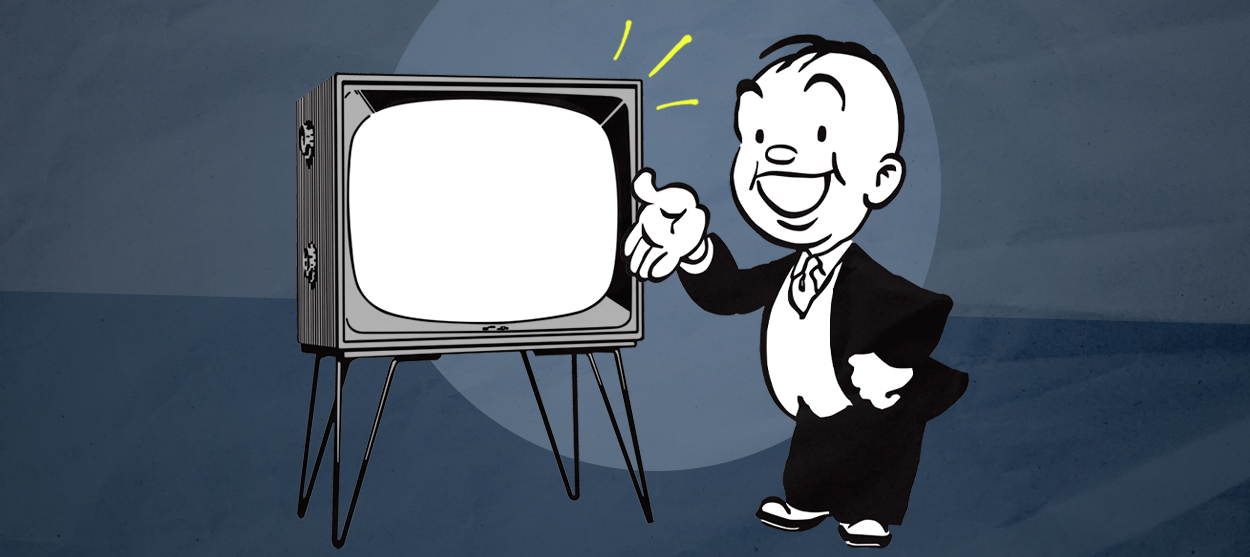 The hottest Super Bowl ad trend? Not running an ad.
The hottest Super Bowl ad trend? Not running an ad.The Explainer The big game will showcase a variety of savvy — or cynical? — pandemic PR strategies
-
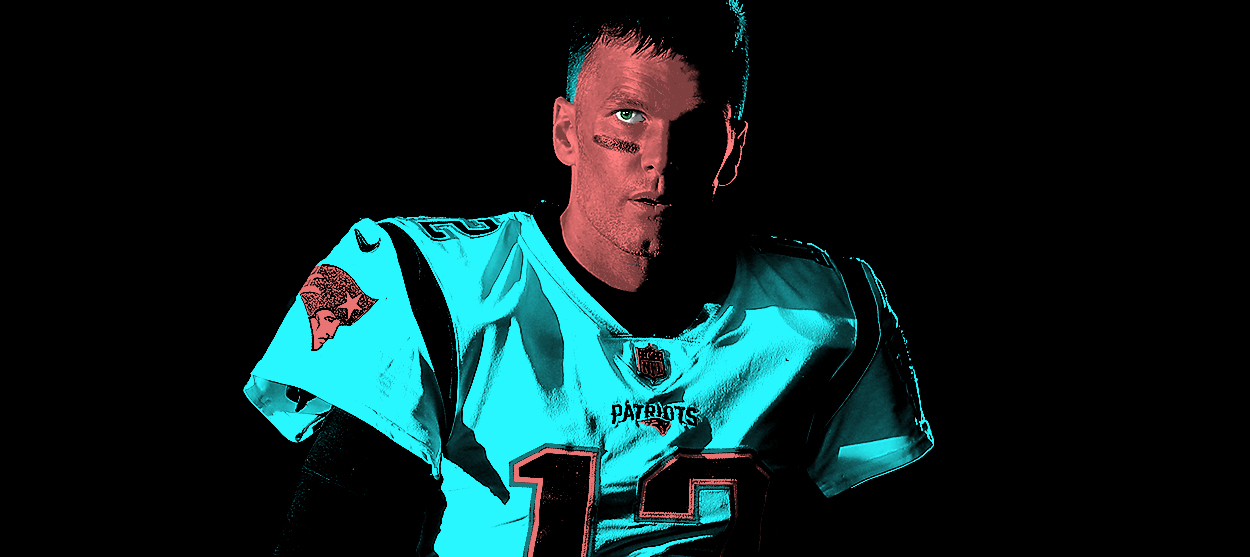 Tom Brady bet on himself. So did Bill Belichick.
Tom Brady bet on himself. So did Bill Belichick.The Explainer How to make sense of the Boston massacre
-
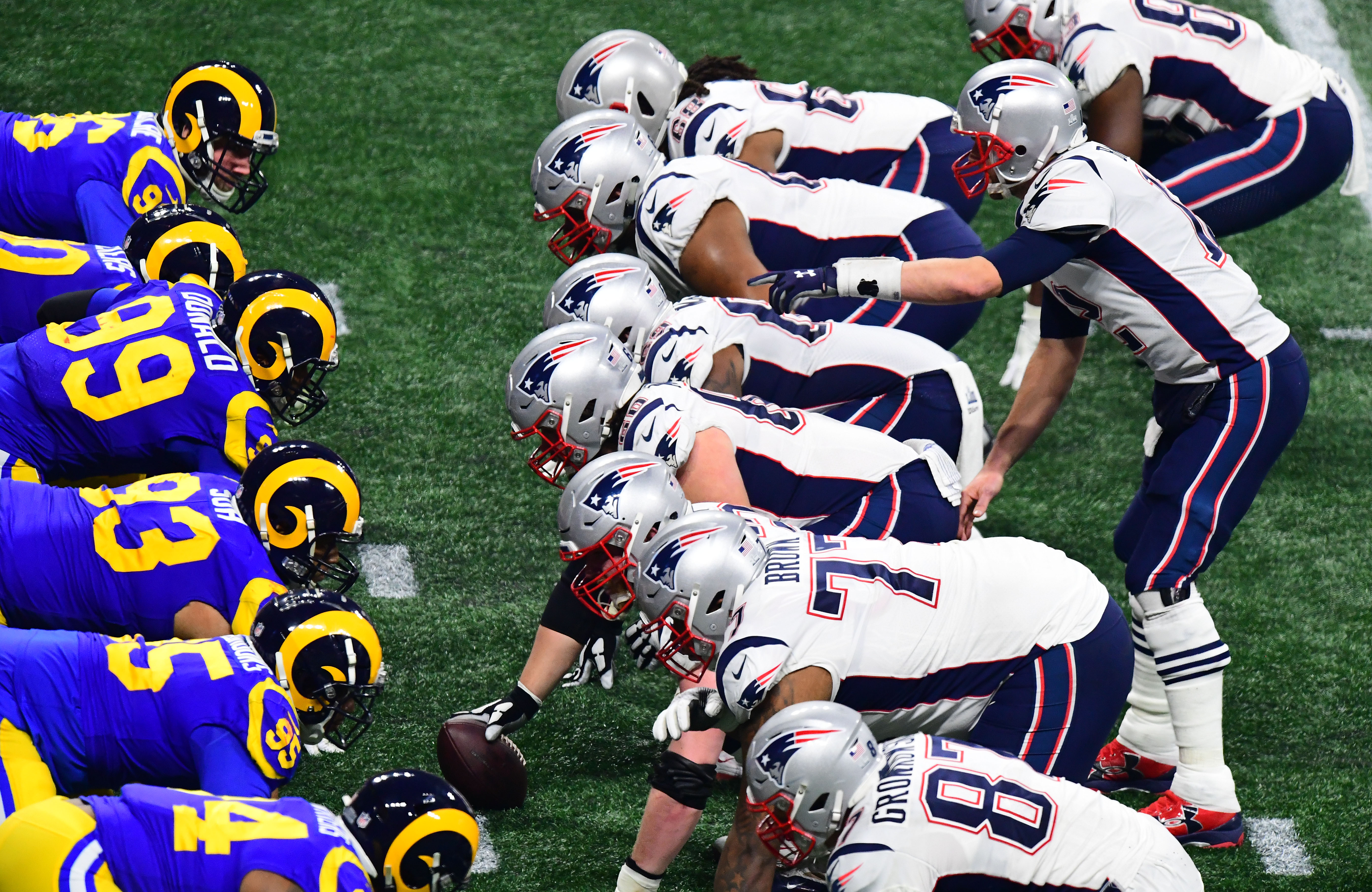 The 13 most exciting moments of Super Bowl LIII
The 13 most exciting moments of Super Bowl LIIIThe Explainer Most boring Super Bowl ... ever?
-
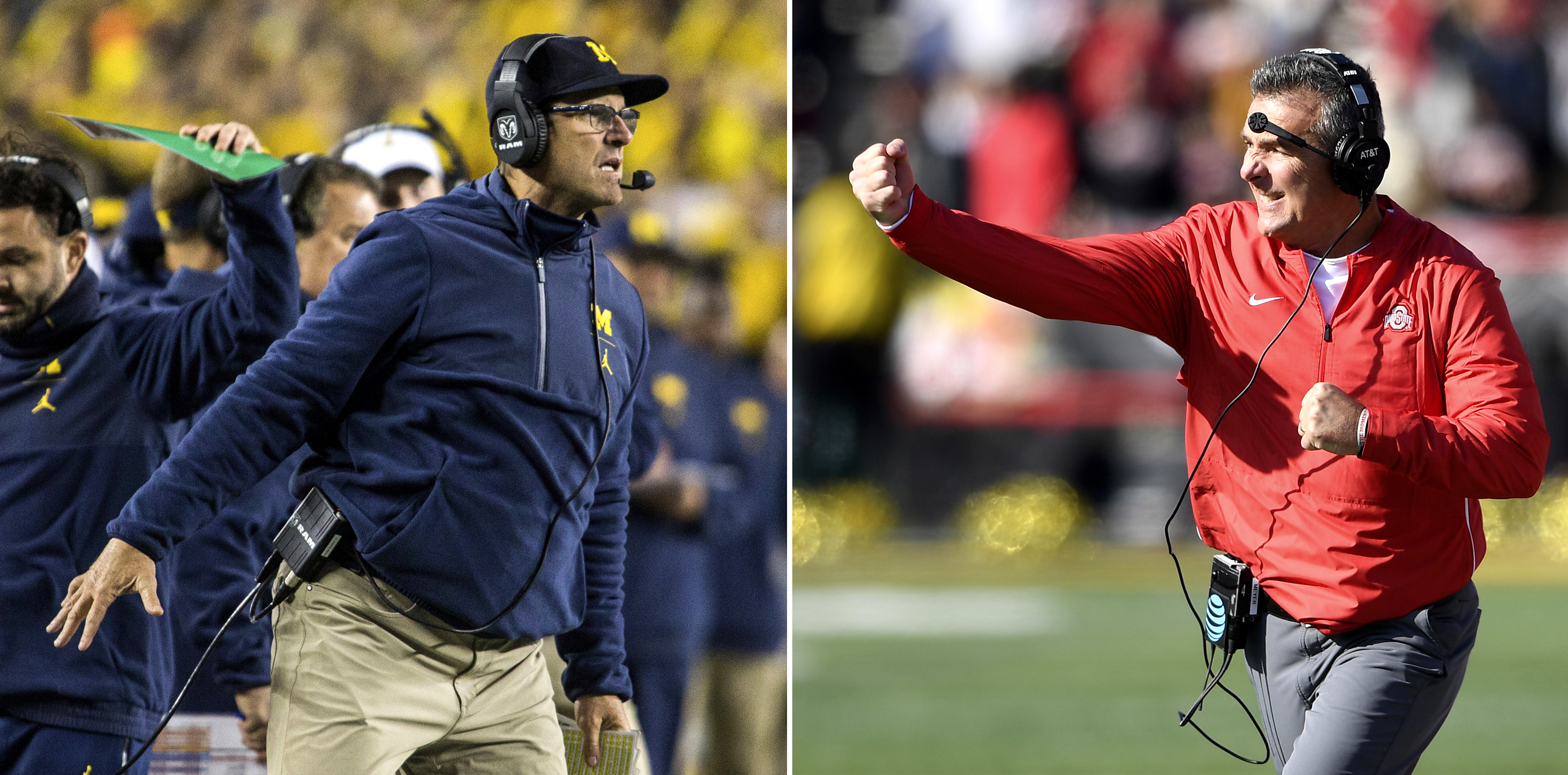 The enduring appeal of Michigan vs. Ohio State
The enduring appeal of Michigan vs. Ohio StateThe Explainer I and millions of other people in these two cold post-industrial states would not miss The Game for anything this side of heaven
-
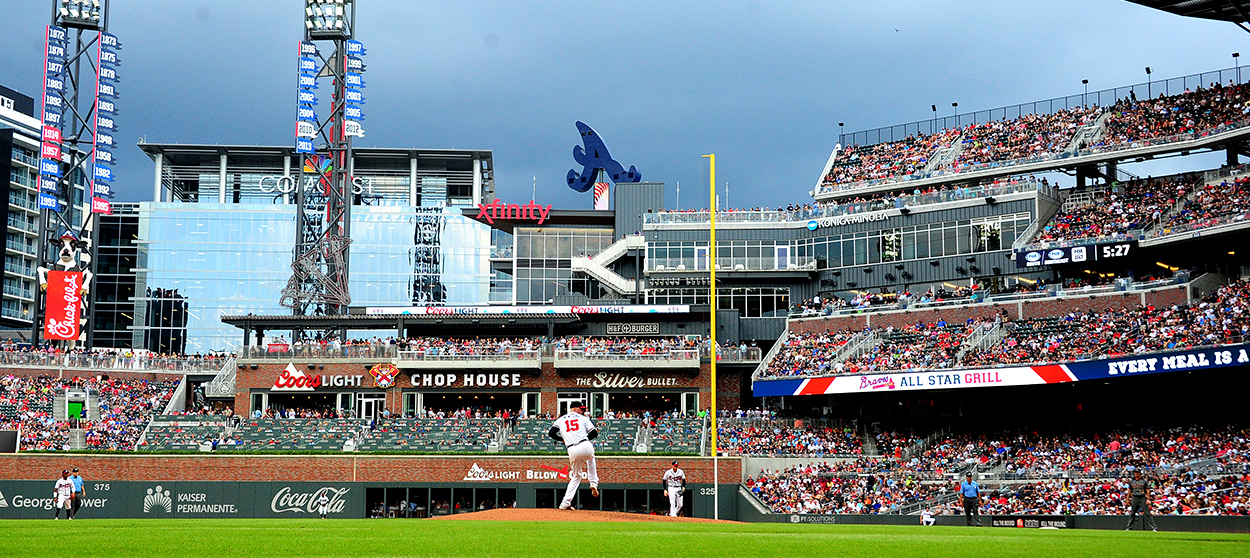 When sports teams fleece taxpayers
When sports teams fleece taxpayersThe Explainer Do taxpayers benefit from spending billions to subsidize sports stadiums? The data suggests otherwise.
-
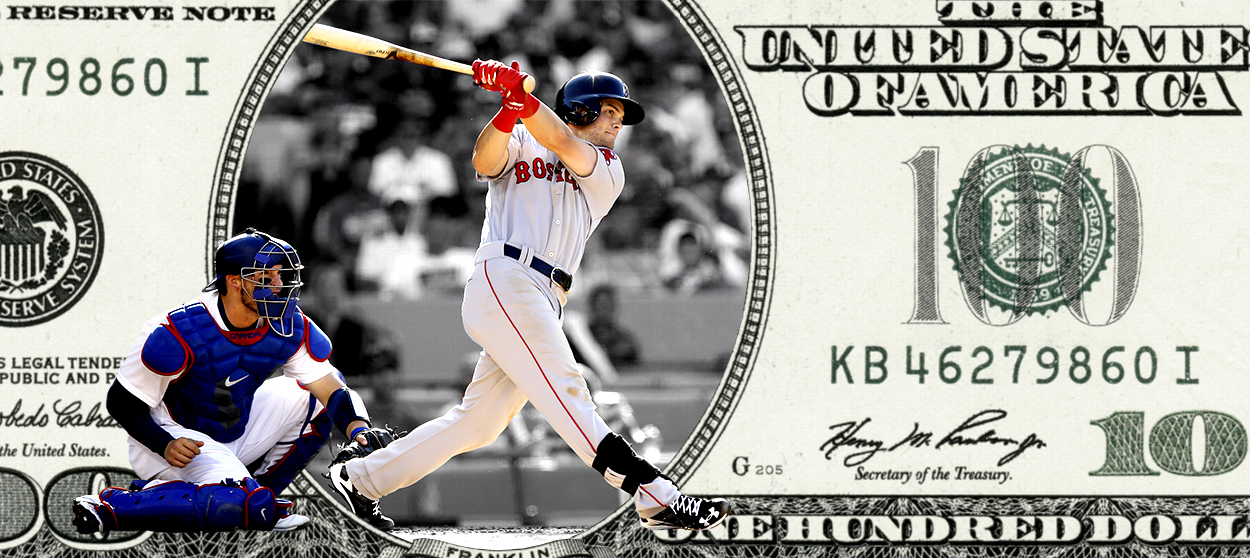 The 2018 World Series is bad for baseball
The 2018 World Series is bad for baseballThe Explainer Boston and L.A.? This stinks.
-
 This World Series is all about the managers
This World Series is all about the managersThe Explainer Baseball's top minds face off
-
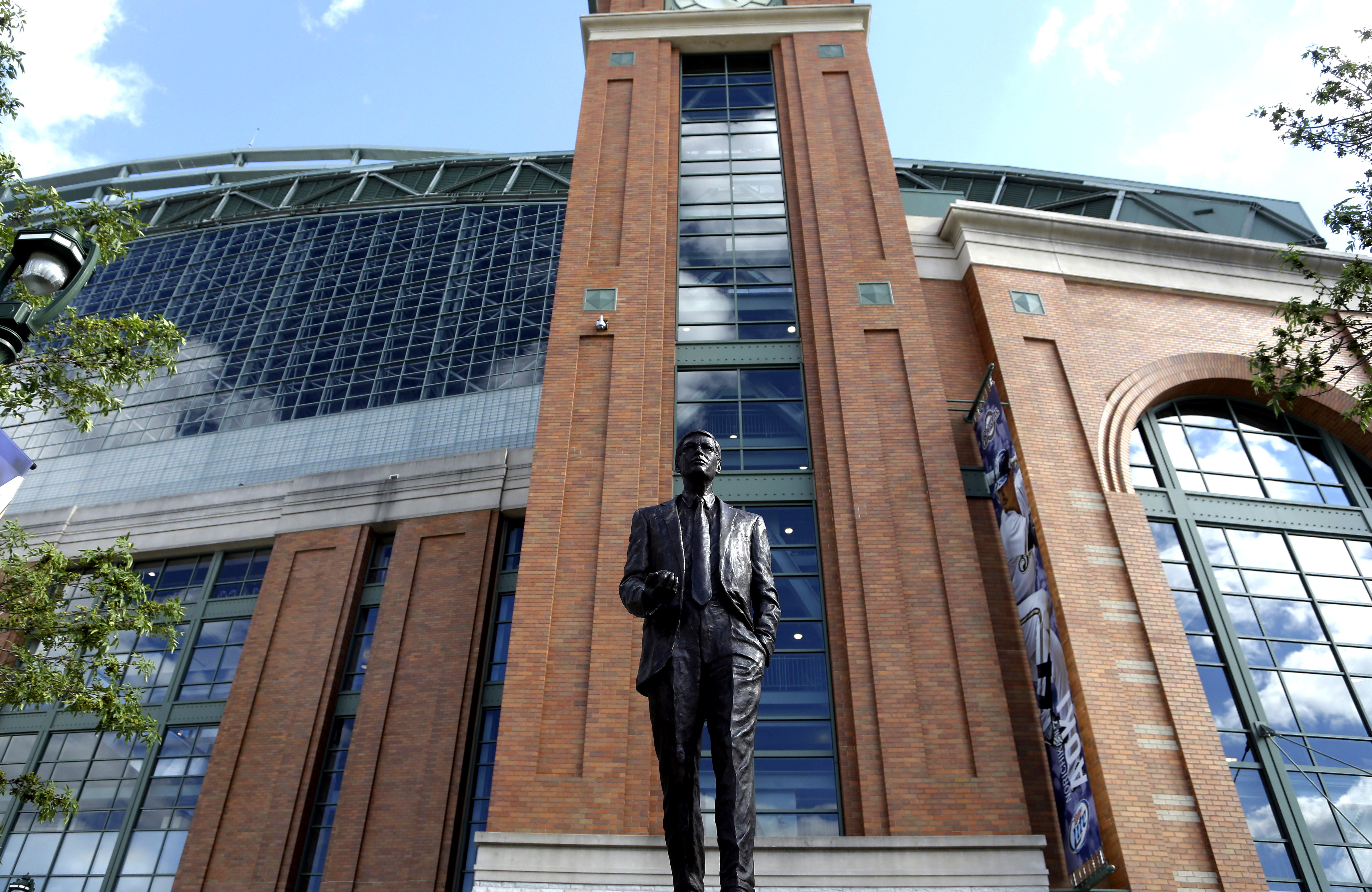 Behold, the Bud Selig experience
Behold, the Bud Selig experienceThe Explainer I visited "The Selig Experience" and all I got was this stupid 3D Bud Selig hologram
